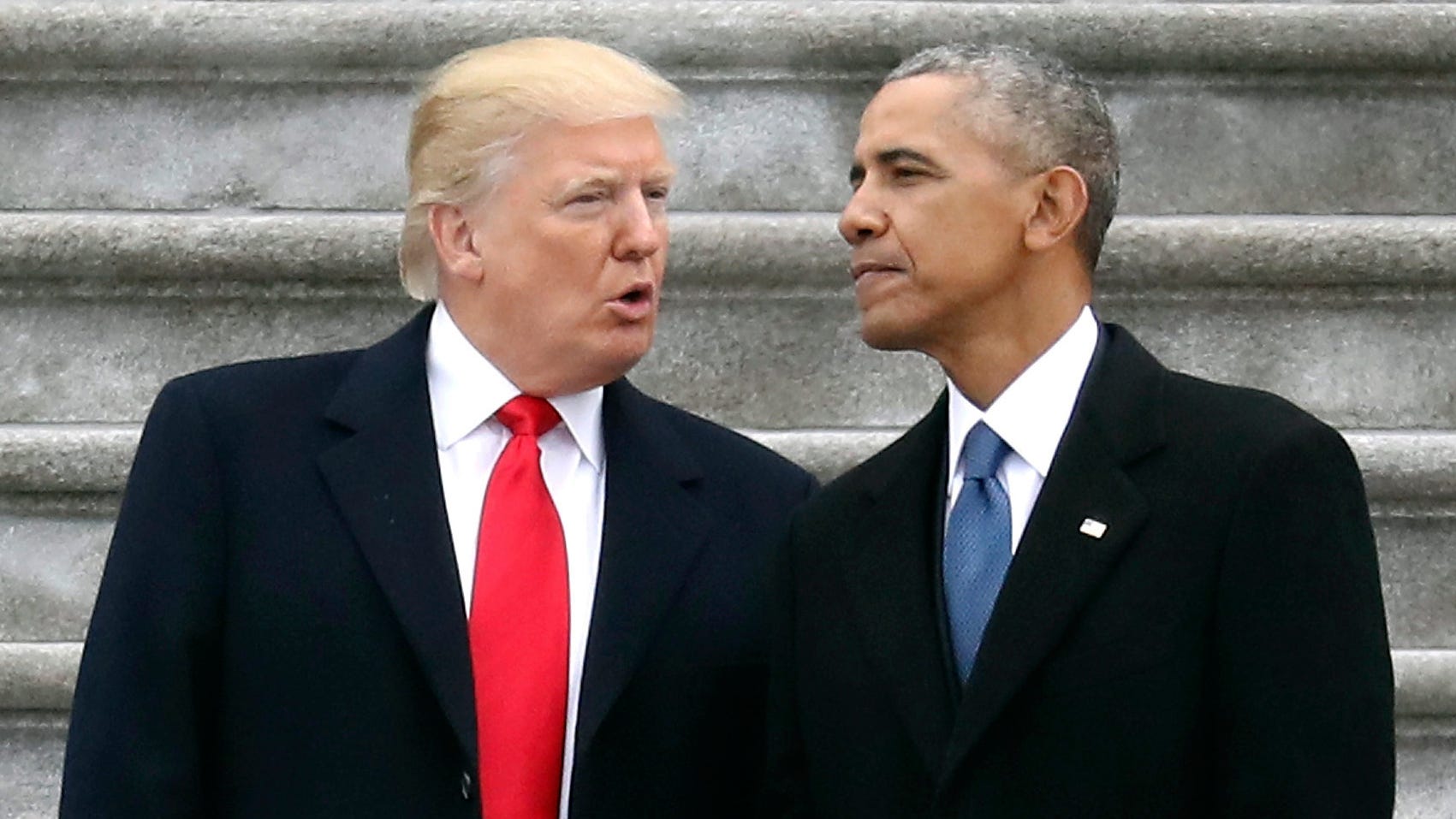The Economic Fallout Of Trump's Tariffs: CEOs Express Deep Concerns

Table of Contents
Increased Costs and Reduced Profit Margins
Trump's tariffs directly increased the cost of imported goods, significantly squeezing profit margins for businesses reliant on global supply chains. This impact rippled across numerous sectors, affecting everything from raw materials to finished products.
-
Rising prices of raw materials and intermediate goods: Tariffs on steel, aluminum, and other crucial inputs led to a substantial increase in production costs for manufacturers. This increase wasn't easily absorbed, leading to a domino effect across the economy.
-
Reduced competitiveness in global markets: American businesses faced a double whammy: higher production costs and retaliatory tariffs imposed by other countries. This made American goods less competitive in international markets, leading to lost export opportunities and reduced market share.
-
Pressure on businesses to absorb increased costs or pass them onto consumers, potentially leading to inflation: Many companies attempted to absorb increased costs initially, impacting their already-thin profit margins. However, this wasn't sustainable for most, leading to price increases for consumers and contributing to inflationary pressures.
-
Examples of specific industries severely impacted (e.g., manufacturing, agriculture): The manufacturing sector, heavily reliant on imported components, faced severe challenges. Similarly, the agricultural sector suffered from retaliatory tariffs imposed by major trading partners, leading to significant losses in export revenue. The impact of Trump's tariffs on soybeans is a prime example of this agricultural fallout.
Supply Chain Disruptions and Shortages
The introduction of Trump's tariffs significantly complicated global supply chains, leading to delays, shortages, and increased uncertainty. Businesses faced numerous challenges in maintaining consistent production and delivery schedules.
-
Difficulty sourcing crucial components and materials: Tariffs disrupted established sourcing patterns, forcing businesses to search for alternative suppliers, often at higher costs and with longer lead times.
-
Increased lead times for production and delivery: The search for alternative suppliers and the added bureaucratic hurdles associated with tariffs significantly increased the time it took to get goods to market.
-
Stockouts and disruptions in product availability: Delays in the supply chain led to shortages of goods, impacting businesses and consumers alike. This uncertainty made planning and forecasting exceptionally difficult.
-
The shift towards alternative, potentially more expensive, suppliers: Businesses were forced to find alternative suppliers, often located farther away, resulting in increased transportation costs and further lengthening lead times. This underscored the vulnerability of relying on a single or limited number of suppliers.
Retaliatory Tariffs and Global Trade Wars
Trump's tariffs weren't a unilateral action; they prompted retaliatory measures from other countries, escalating trade tensions and significantly harming American exports. This tit-for-tat escalation created a damaging "trade war" scenario.
-
Reduced demand for American goods in overseas markets: Retaliatory tariffs imposed by China, the European Union, and other trading partners reduced the demand for American goods, harming American businesses and workers.
-
Lost export opportunities and revenue for American businesses: Companies lost access to key export markets, leading to significant revenue losses and impacting their bottom lines.
-
The negative impact on US agricultural exports: The agricultural sector was particularly hard hit, with significant losses in export markets for products like soybeans and pork.
-
The broader implications for international trade relations: Trump's tariffs damaged America’s standing in the global community and undermined the rules-based international trading system, creating lasting uncertainty.
CEO Statements and Public Concerns
Numerous CEOs publicly expressed their concerns about the negative impacts of Trump's tariffs. These statements highlighted the real-world consequences of these policies on businesses and the economy as a whole.
-
CEO quotes highlighting increased costs, reduced competitiveness, and supply chain disruptions: Many CEOs openly criticized the tariffs, pointing to increased costs, reduced competitiveness, and supply chain disruptions as major obstacles to growth.
-
Examples of industries where CEOs publicly voiced their opposition to the tariffs: CEOs from various sectors, including manufacturing, retail, and agriculture, voiced their concerns about the detrimental effects of the tariffs.
-
Mention any public statements or lobbying efforts by business organizations against the tariffs: Major business organizations like the US Chamber of Commerce actively lobbied against the tariffs, highlighting their negative impact on the American economy.
Conclusion
The economic fallout from Trump's tariffs presents a compelling case study in the complexities of trade policy. Increased costs, disrupted supply chains, and retaliatory measures significantly impacted businesses and the broader American economy. CEOs across various sectors voiced deep concerns, highlighting the damaging effects of these policies. Understanding the lasting consequences of such trade actions is crucial for future economic planning and decision-making. It's imperative to learn from the impact of Trump's tariffs to avoid similar disruptions in the future and foster a more stable and predictable global trade environment. We need to move beyond the damaging effects of Trump's tariffs and adopt more strategic and sustainable trade policies.

Featured Posts
-
 Green Transition In Africa How Climate Change Impacts The Workforce
Apr 26, 2025
Green Transition In Africa How Climate Change Impacts The Workforce
Apr 26, 2025 -
 George Santos 7 Year Prison Sentence Possible In Fraud And Identity Theft Case
Apr 26, 2025
George Santos 7 Year Prison Sentence Possible In Fraud And Identity Theft Case
Apr 26, 2025 -
 Land Your Dream Private Credit Job 5 Key Dos And Don Ts To Follow
Apr 26, 2025
Land Your Dream Private Credit Job 5 Key Dos And Don Ts To Follow
Apr 26, 2025 -
 Zuckerbergs New Chapter Navigating The Trump Presidency
Apr 26, 2025
Zuckerbergs New Chapter Navigating The Trump Presidency
Apr 26, 2025 -
 End Of Ryujinx Emulator Development Stops After Nintendo Intervention
Apr 26, 2025
End Of Ryujinx Emulator Development Stops After Nintendo Intervention
Apr 26, 2025
